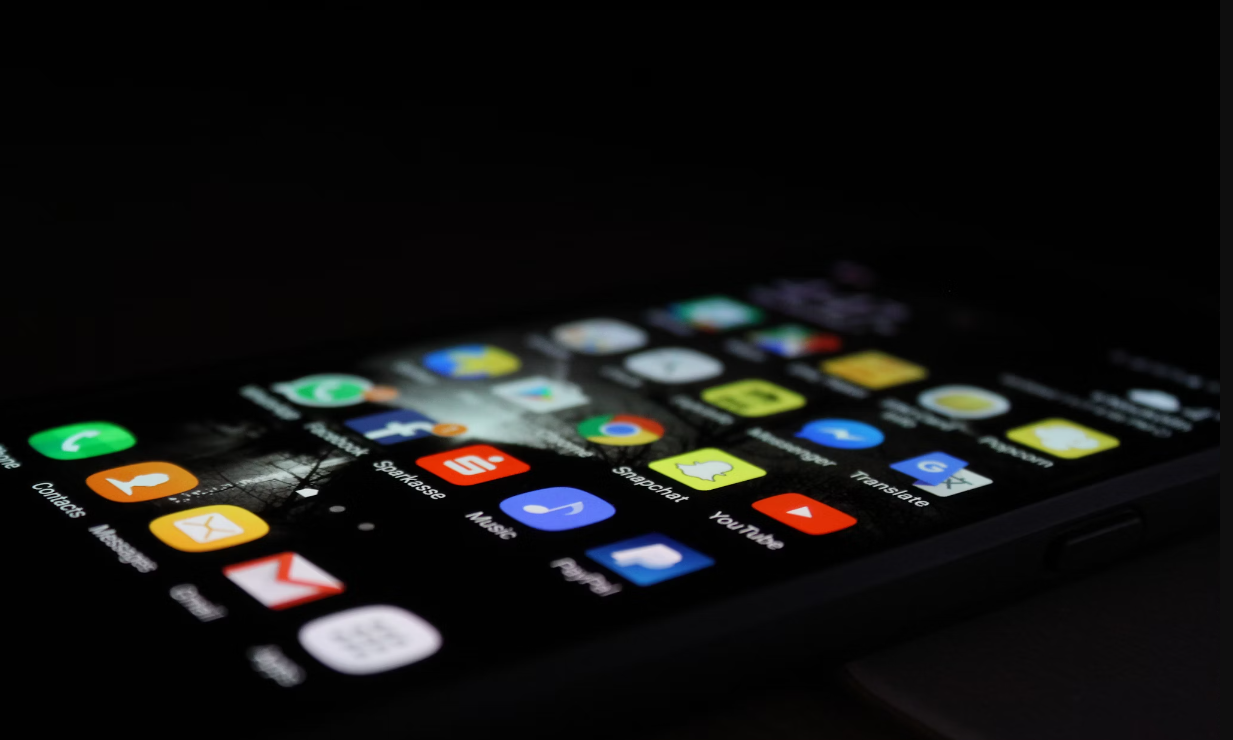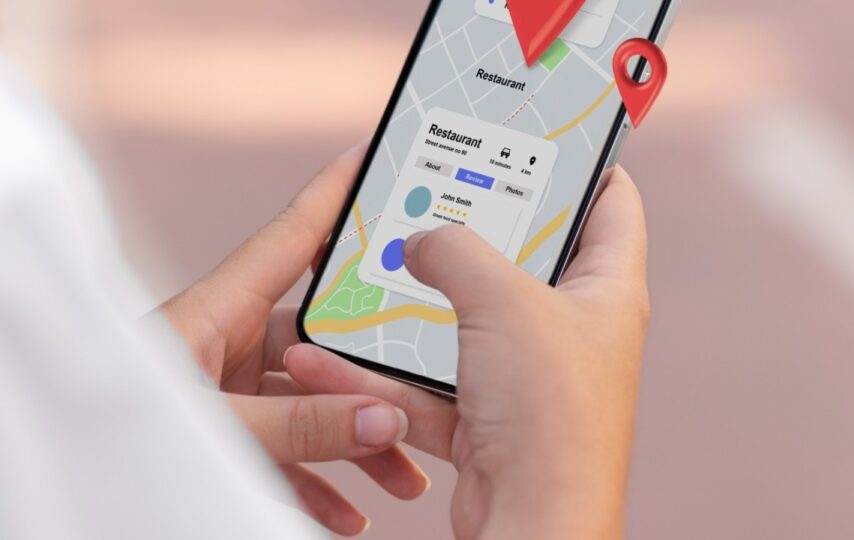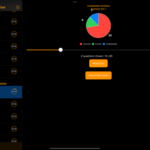Gone are the days of bulky guidebooks and scrambling for tourist information. Today’s travelers are armed with smartphones, and a new wave of location-based apps (LBS) is revolutionizing the tourism industry. These apps leverage GPS technology to provide users with real-time, personalized experiences, fundamentally changing how we travel.
Let’s take a closer look at this growing trend through the lens of My Beach Mobile, a recently launched app specifically designed for the Jersey Shore. My Beach Mobile allows users to purchase beach badges directly from their phones – a prerequisite for entry to many Jersey beaches. This seemingly simple function exemplifies the power of location-based apps in tourism.
“Aerial view of Manahawkin, New Jersey” (Public Domain) by U. S. Fish and Wildlife Service – Northeast Region
Personalization and Accessibility at Your Fingertips
LBS apps like My Beach Mobile go beyond simple location tracking. They can gather user data (preferences, past visits) and combine it with real-time information (beach conditions, crowd levels) to personalize the travel experience. Imagine an app that suggests hidden coves based on your love of snorkeling, recommends nearby restaurants based on dietary restrictions or even curates entertainment options based on your location and preferences.
For instance, an NJ casino online app could use location data and tailor promotions or bonus offers based on users’ proximity to specific landmarks or entertainment venues in New Jersey. A visitor to Atlantic City could receive a special bonus on slot games upon arrival at the iconic Boardwalk. The app could also partner with local restaurants or shops in New Jersey, offering in-app promotions or discounts to nearby users.
LBS apps are a boon for accessibility as well. My Beach Mobile eliminates the hassle of waiting in line for beach badges, a significant improvement for families with young children or visitors with limited mobility. Similarly, other tourism-focused apps can translate languages in real-time, navigate public transportation systems, or even provide audio descriptions of landmarks for visually impaired visitors.

Source: Unsplash
LBS and Local Businesses
Location-based apps aren’t just transforming tourism. They’re also creating a symbiotic relationship with local businesses. Apps like My Beach Mobile streamline transactions and improve accessibility, but their impact goes further. A tourist could use a local food app to discover hidden cafes near their beach destination. The app benefits the tourist with unique finds and drives traffic to the local business.
This two-way street extends to other areas. LBS apps can showcase local farmers’ markets based on the day of the week, recommend nearby art galleries tailored to user interests, or even offer exclusive in-app discounts for local bike rentals. This fosters a more connected travel experience, allowing tourists to discover the unique offerings of a destination, while simultaneously boosting the local economy.
For example, a popular local brewery could partner with a city exploration app to offer a discount on their signature beer to users who visit their taproom after completing a historical walking tour in the area. This creates a win-win situation for both the tourist and the local business.
The rise of location-based apps is undoubtedly transforming tourism. From recommendations to improved accessibility, these apps empower travelers to explore destinations with greater ease and discovery. My Beach Mobile’s success exemplifies this trend, and it’s likely to see even more innovative location-based solutions emerge.








